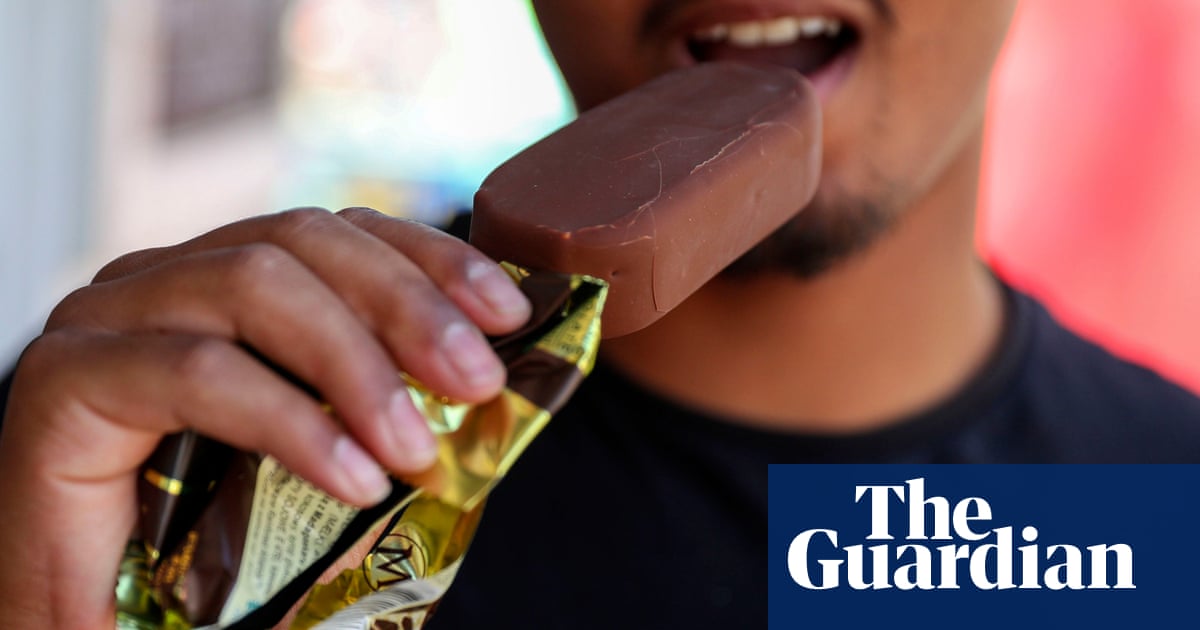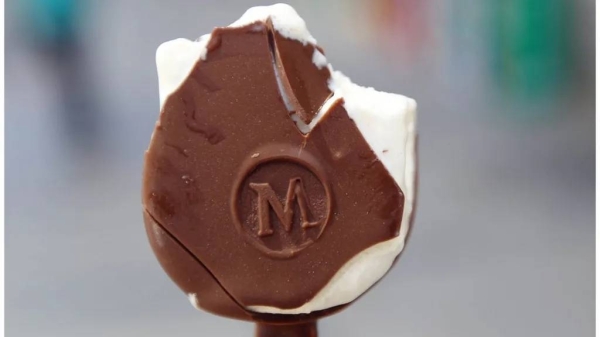
Unilever is to cut 7,500 jobs globally and spin off its ice-cream division as part of an overhaul aimed at saving about €800m (£684m) over the next three years.
The consumer goods company, whose brands range from Marmite and Hellmann’s mayonnaise to Dove soap, Lynx deodorant and Domestos bleach, employs 128,000 people worldwide. It said staff would be consulted about the cuts.
Hein Schumacher, who was appointed as chief executive in January 2023, and took over from Alan Jope last spring, said there would be some job cuts at Unilever’s head office in London, and some at business units in other countries.
The company outlined a productivity programme to deliver cost savings of about €800m over the next three years and announced plans to spin off its ice-cream business.
The division makes five of the world’s top-selling 10 ice-cream brands, including Wall’s, Magnum and Ben & Jerry’s. It also makes Cornetto, Viennetta, Carte d’Or and Breyers, which is big in the US.
A demerger of the division, which has annual revenues of €7.9bn and accounts for 16% of group sales, is the most likely outcome, although Unilever is also considering other options. It expects the spin-off to be completed by the end of 2025.
Schumacher declined to say where the demerged ice-cream business would be listed, adding that all options were being considered. Along with the rest of its food operations, it is managed from Rotterdam.
“The default route that we’re pursuing at this moment is a demerger and a separate listing for that business,” he said. “Historically the company has been a Dutch-Anglo company. We are managing the food and ice-cream divisions currently in the Netherlands, and the remainder of the company here from London. That doesn’t mean that ice-cream will be a Dutch company or a UK company. We’re looking at all options.”
He explained that ice-cream was different from the rest of the business because of its frozen supply chain, high seasonality and high capital requirements.
After the separation, Unilever will be left with four divisions – beauty and wellbeing, personal care, home care and nutrition.
Unilever, which employs 6,000 people in the UK, has come under pressure in recent years from the US activist investor Nelson Peltz to streamline its sprawling business. The planned ice-cream spinoff is Schumacher’s biggest move so far.
Jope, his predecessor, sparked shareholder anger with a series of mis-steps, culminating in the failed £50bn bid for GSK’s consumer health business in late 2021, which Terry Smith, founder of Fundsmith, described as a “near-death experience”.
Ian Meakins, the Unilever chair, said: “The separation of ice-cream and the delivery of the productivity programme will help create a simpler, more focused and higher-performing Unilever. It will also create a world-leading ice-cream business, with strong growth prospects and an exciting future as a standalone business.”
Schumacher, who previously ran a Dutch dairy co-operative and sat on Unilever’s board as a non-executive director before being appointed as chief executive, said: “Under the growth action plan we have committed to do fewer things, better, and with greater impact,” referring to the 10-point plan announced last year. He added: “We have a big agenda. This is going to be a very busy period for the next 18 months or so.”
Matt Britzman, an equity analyst at Hargreaves Lansdown, said: “Unilever says bye-bye to Ben & Jerry’s with its plans to ditch the ice-cream unit … Action is what shareholders wanted to see from the new team at the top, and that’s what’s been delivered today. Ice-cream always looked like the odd one out when you compare it to other product lines, and performance has struggled of late. It’s not a huge shock to see this move, but it’s something prior management wasn’t able to deliver.”
Unilever’s shares were up more than 3% on Tuesday, making it the top riser on the FTSE 100.












